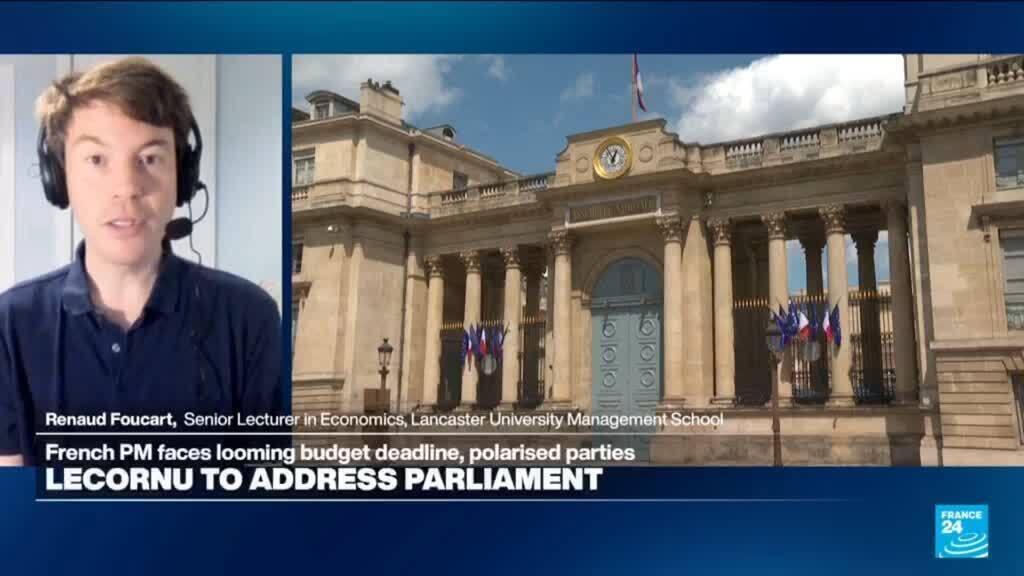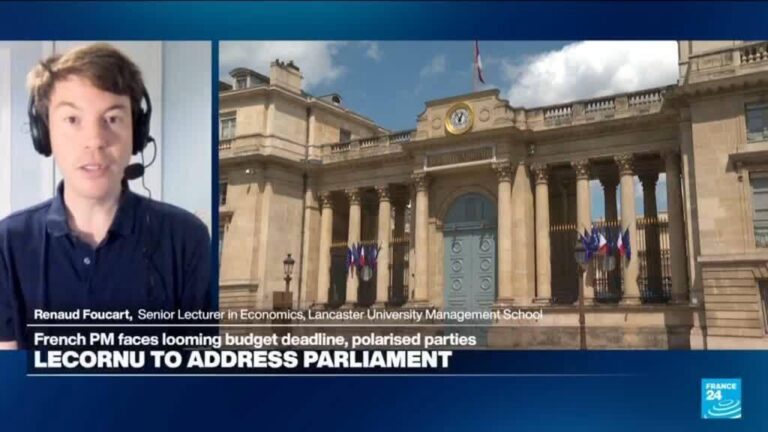
Amid political and economic turbulence, few issues have illuminated the fault lines of French governance quite like the highly unpopular pension reform. And the clash goes far beyond policy, it inflamed an already angry and volatile electorate and parliament the moment Macron forced it through with article 49.3. So now why is a reform so central to Macron’s reformist agenda now regarded as the sacrificial lamb that just might be a saving grace to the autumn of his presidency? To answer that question, Eve Irvine is pleased to welcome Renaud Foucart, Economist and Senior Lecturer in the Department of Economics at Lancaster University Management School. What does its suspension signal, not only for France’s public finances, but for democracy, trust, and the moral contract binding the state and the citizen? Will France’s fiscal trajectory be cast into limbo: will debt burdens accelerate, will any future reform agendas lose credibility? Whoever governs in 2027 will inherit an escalating budget crisis without any political capital or room to manoeuvre. Mr. Foucart does caution though that postponing action today compounds risk tomorrow.
Trending
- How two directors fought back when their film was stolen
- Pokemon marks 30 years as a global cultural phenomenon
- The Actor Awards fashion: All the best looks from the red carpet | Ents & Arts News
- Replay: US secretary of war addresses strikes in Iran and FRANCE 24's analysis
- German parts make their way into Russian drones
- Oil prices spike as key shipping route disrupted by Iran attacks | Money News
- Oil prices jump after attack on Iran threatens crucial Strait of Hormuz
- Do you want to ban kids from social media? The government is asking | Science, Climate & Tech News


